中国香水市场挑战:除了产品,更在于缺乏“语境重构”
China's Perfume Market Challenge: Beyond Products, It's About Missing "Contextual Reframing"
Ever observed the surge in "Oriental" vibes from Chinese perfume brands? Despite this, the notion of perfume as an integral lifestyle element remains elusive in China. "Everything's here, except the 'why' behind wearing perfume."
I support building our unique scent culture, but it seems we're getting it upside down. Chinese perfume brands' woes aren't rooted in non-local ingredients, insufficiently patriotic names, or skipping classical poetry references. The crux? We haven't framed a "context for usage."
We haven't mastered incorporating perfume into routines; we don't use aromas to signal emotions habitually; and there's no shared, empathetic "fragrance personality dialect." Thus, familiar scents feel foreign in application; local products exist in a contextual void.
Localization of Products ≠ Grasping Culture
Most Chinese brands localize at the "surface design" level:
Eastern Ingredients:osmanthus, gardenia, bitter orange, ligusticum.
Cultural Blends: Echoes of Tang and Song eras, arts like music, strategy, writing, painting, tea ceremonies, wine, verse, meditation.
Aesthetics: Subtle Eastern minimalism or evocative, literary packaging.
This makes items appear indigenous, yet consumers aren't enlightened on timing for application, emotional conveyance via scent, or perfume's life role solely from these cues.
Culture transcends ornamental motifs—it's behavioral syntax. Curiosity about fragrances abounds in China, but consensus on "scent's place in life" is absent. Fragrance isn't seen; it's practiced.
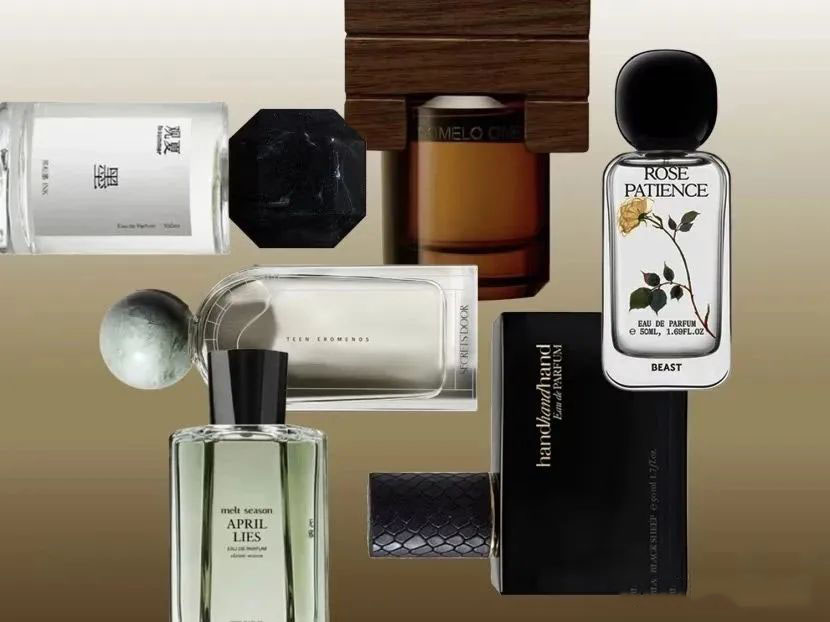
The True Gap: "Behavioral Syntax"
"China lacks perfume culture" is common, but precisely, we miss a "syntax for scent conduct." Like linguistic grammar structures speech, actions (outfitting, beautifying, perfuming) require implicit social "protocols"—knowing when to apply, its implications, societal views.
France: Integral to daily nonverbal cues, akin to attire.
Japan: Personal odor signifier; favor neutral or mild to respect space.
China: Laden with ambiguity—bold if worn, incomplete if not.
Absent this syntax, usage wavers uncomfortably. Dislike isn't the issue; it's uncertainty in "proper use"—lacking persona models, type rationales, scenario templates. Apply scent, yet identity eludes.
Reframing China's Perfume Path: Build Contexts, Skip Extra Culture
Lacking syntax, perfume leans on "cultural wrappers" for purpose—leading to hyper-Oriental shells with unlocalized narratives. Like title-only translation of foreign text; body stays alien, reading jars.
Cease cultural layering; readdress basics:
1. Perfume's function in Chinese daily existence?
2. Craft our "indigenous scent application frame"?
是的,通过将香水从可有可无的商品提升为芳香生活方式的工具——不是为了展示、诱惑或精致,而是为了:
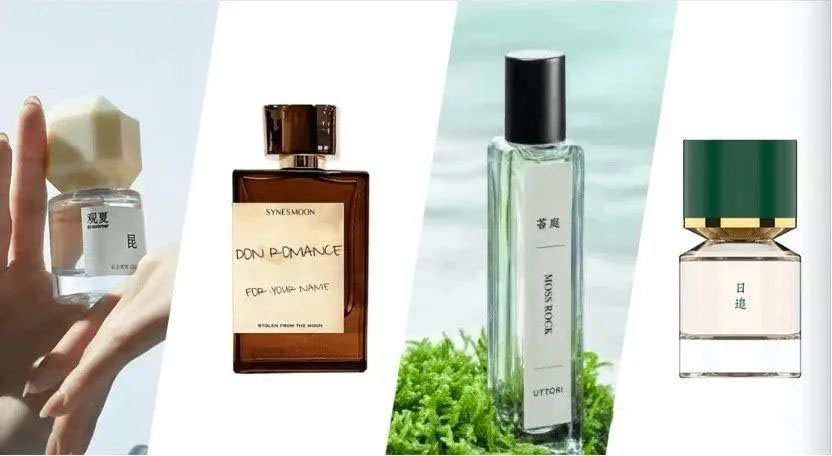
1. 情绪调节器(超越状态标记)
黄金机会:"中国微妙的情绪处理者"—
舒缓焦虑。
陪伴孤独。
锚定新的开始。
不是为了询问你的选择,而是为了个人重新定位。推广 " 这款香味符合我的需要 " vs. " 我的优雅气质 "
2. 情境激活器(非精英徽章)
脱离常规,就会摇摇欲坠。整合的表述如下:
会前轻拍衣领:警惕、礼貌。
起飞时汽车喷出的声音:旅程提示。
午睡后的薄雾:复兴仪式。
连接断开后:内存封装器。
嵌入现实,直言不讳——没有"presence," "enticing," "Parisian allure."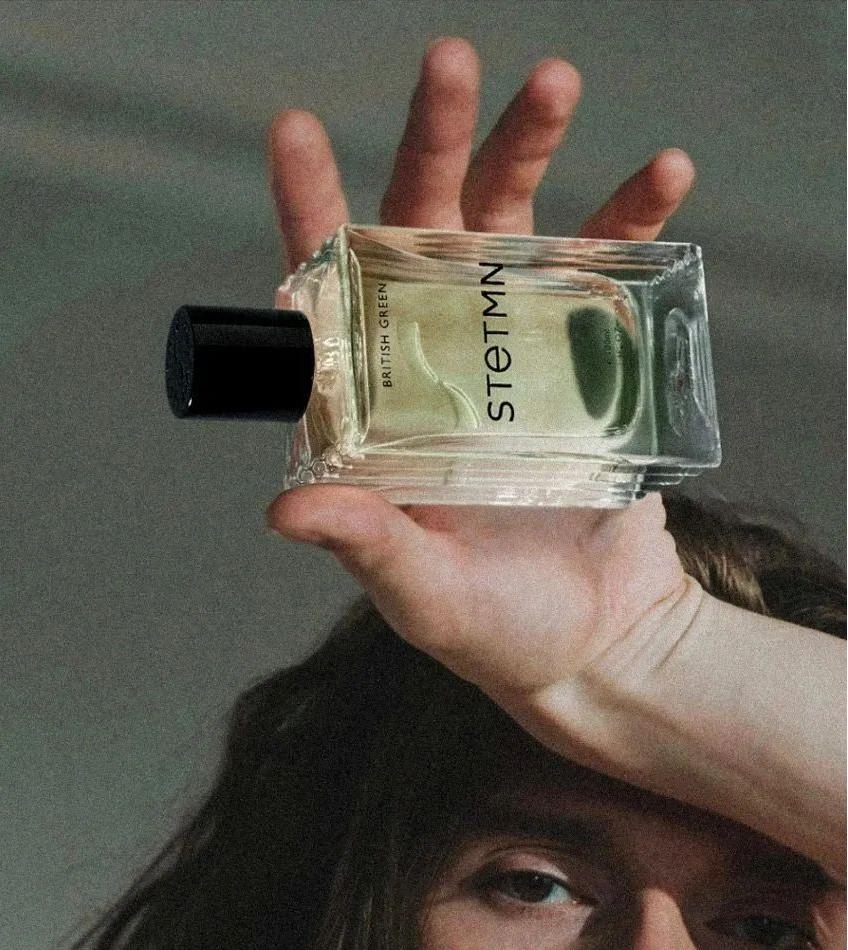
3. 身份表达器(而非性别二元工具)
在海外,性别与气味的联系占据主导地位,但在这里却无关紧要/显得奇怪。寻求不带标签的温柔个性表达:
"社交焦虑?这很安慰。"
"纯净,像内敛的黎明问候。"
"遥远但令人难忘,非侵入式标记。"
没有 " 魅力提升 " — — 只是 " 你今天的自我。"
重点介绍:
摒弃繁琐的“"”中国风标签;设计“"”中文服装框架。了解可行的穿着场景、感受和角色,打造轻松易懂的穿着体验。将一时兴起转化为日常习惯。
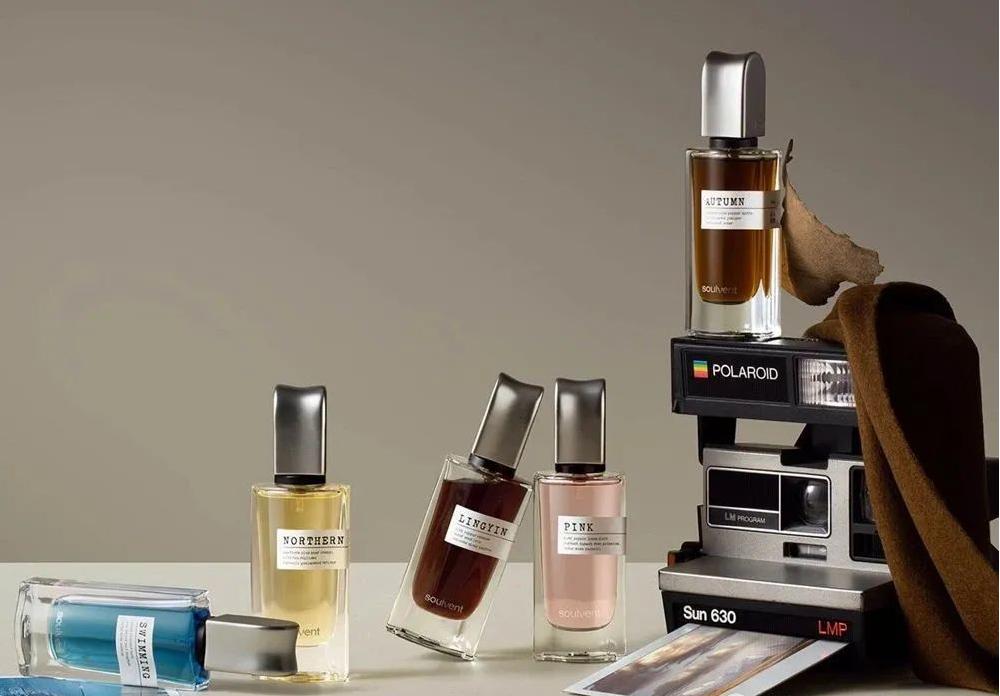
气味的未来:框架发明 > 文化堆叠
品牌误用“文化”一词,将其视为灵丹妙药:墨山、本土精髓、诗意点头=“本土”。然而,文化并非累积,而是有形的回响。如果没有框架(新颖的方法、易于掌握的路径、敦促真正采用),本土化就显得空洞无物。
稀缺:
不尴尬的日常氛围。
"自我导向的心态。
"Essential now" 理由。
无法通过 "heritage styling." 解决启动框架创建:重塑适合度,制定生活规则。
品牌查询:
是谁、在哪里、为什么这样?
使用后:有变化吗?有感觉吗?
言语与香气同步?
在 China" 中寻找 "usable,在 "Chinese-esque." 框架中寻找 > 音符。呼应 > 的传承。生存力确保持久力。
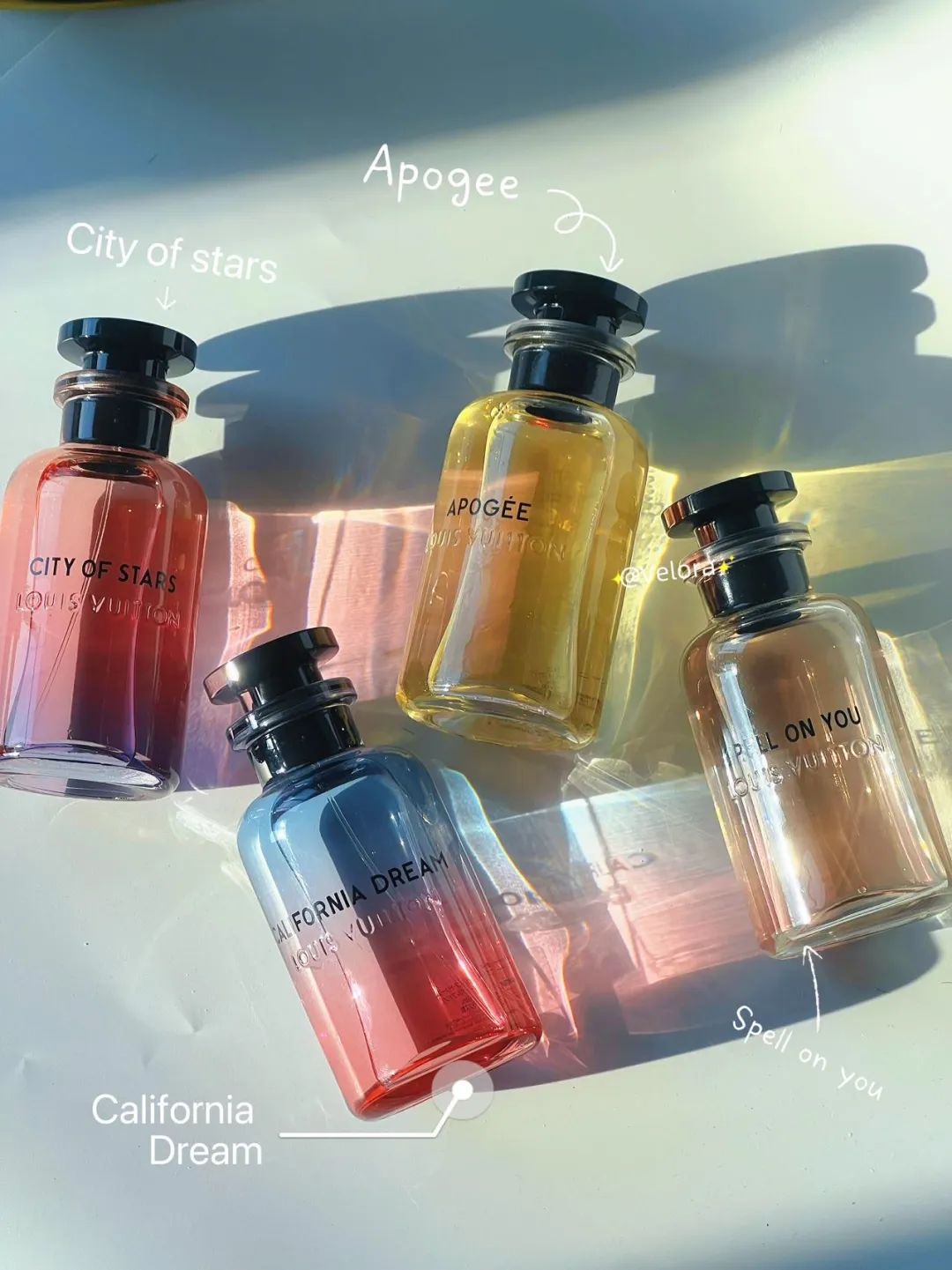
对于品牌领导者/零售专业人士:
退出 " 更多的中国气息?" 探究:" 在中国惯例中获得安全的自然位置?" 未来是通过对话共同创作的,而不是通过文化遗产积累。
并非更昂贵的调配/更多元素——而是顺滑、叙事性强、易于理解的中国嗅觉框架。共鸣,明天就诞生!
我在玻璃瓶行业拥有丰富的经验,曾为全球香水品牌制作过容器,因此深知优雅的玻璃包装能够提升吸引力。但真正的成功在于与环境的契合,正如我所概述的那样——如果没有它,即使是完美的瓶子也会积满灰尘。
